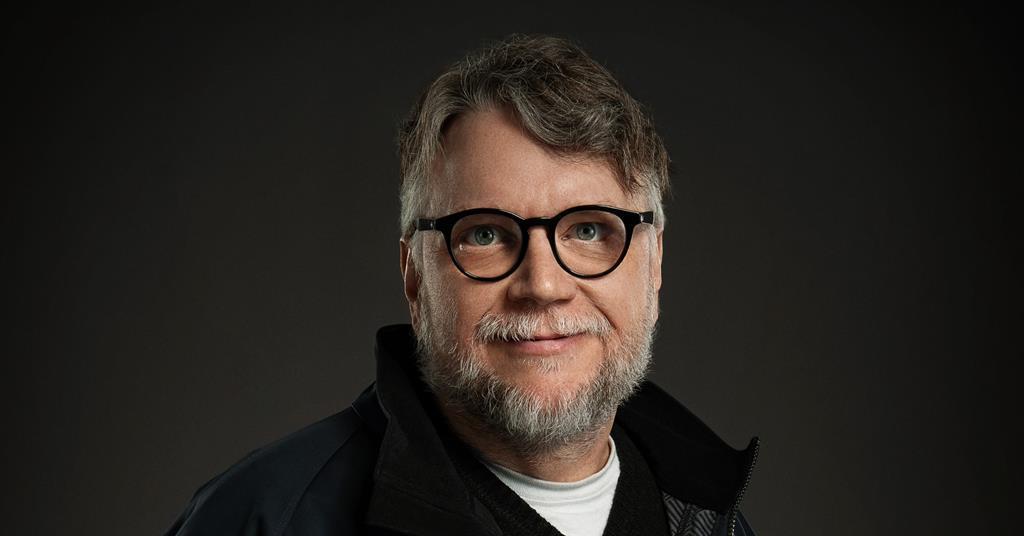Introduction to Frankenstein
Guillermo del Toro’s latest Netflix film, Frankenstein, is set to receive its IMAX premiere at the Busan International Film Festival. The director spoke at a press conference, discussing how his adaptation of Mary Shelley’s 1818 novel brings a message of forgiveness in dark times. Del Toro emphasized the importance of imperfection and forgiveness, stating that "we live at a time when we have polarized everything – completely good or bad. There is no oxygen for humanity in these two sides. We all exist in the middle … Why shouldn’t we be imperfect and forgive each other?"
The Power of Monsters
Del Toro, known for his previous works such as The Shape of Water, Pan’s Labyrinth, and Hellboy, spoke of his endless fascination with monsters as reflections of real life. He believes that "monsters are patron saints of imperfection that enable us to close peace with the darker side of humanity." The director’s love for monsters stems from their ability to represent the imperfections and pain that are inherent in human life.
Inspiration from Korean Filmmakers
Del Toro reflected on his love for South Korean cinema, citing directors such as Bong Joon Ho and Park Chan-Wook as inspirations. He praised their ability to bring "chaos, the ridiculous, the sublime, the poetic and the terrible" into their films. The director stated that watching Korean films makes him "feel more alive" and that they are "full of strength." When asked if he could ever make a film in Korea, Del Toro replied that he is "very crazy and brave" and would be willing to try.
Autobiographical Aspects of Frankenstein
Del Toro’s adaptation of Frankenstein has been in the works since at least 2008, with Oscar Isaac and Jacob Elordi cast as Victor Frankenstein and his creature, respectively. The director found the 1931 film Frankenstein to be very autobiographical, seeing parallels between the story and his own life. Del Toro stated that "when I saw Boris Karloff, I had the feeling that he was me. I saw it as a fable of myself and my father as a figure that grew up to me."
Del Toro’s Vision for Frankenstein
The director expanded on what his adaptation brings to the table, filtering the story through his own voice. Del Toro’s version of Frankenstein contains themes and elements that are present in the novel but not in previous cinematic adaptations, such as the specter of war and the unique appearance of the creature. The director wanted the creature to look like a "newborn: translucent, perfectly designed, like a space, like someone who has nothing who is injured and who learns from pain."
Embracing Imperfection
Del Toro spoke about the importance of imperfection in his films, stating that "if something goes wrong on the set, it’s a good thing. It is the film that tells you that something is wrong." The director believes that embracing imperfection gives his films vitality and makes them more relatable. He cited the example of Jacob Elordi’s creature makeup, which was initially supposed to have two contact lenses of the same size. However, when the lenses didn’t fit the actor’s eye, Del Toro decided to keep the different sizes, which became one of the most striking visual features of the film.

